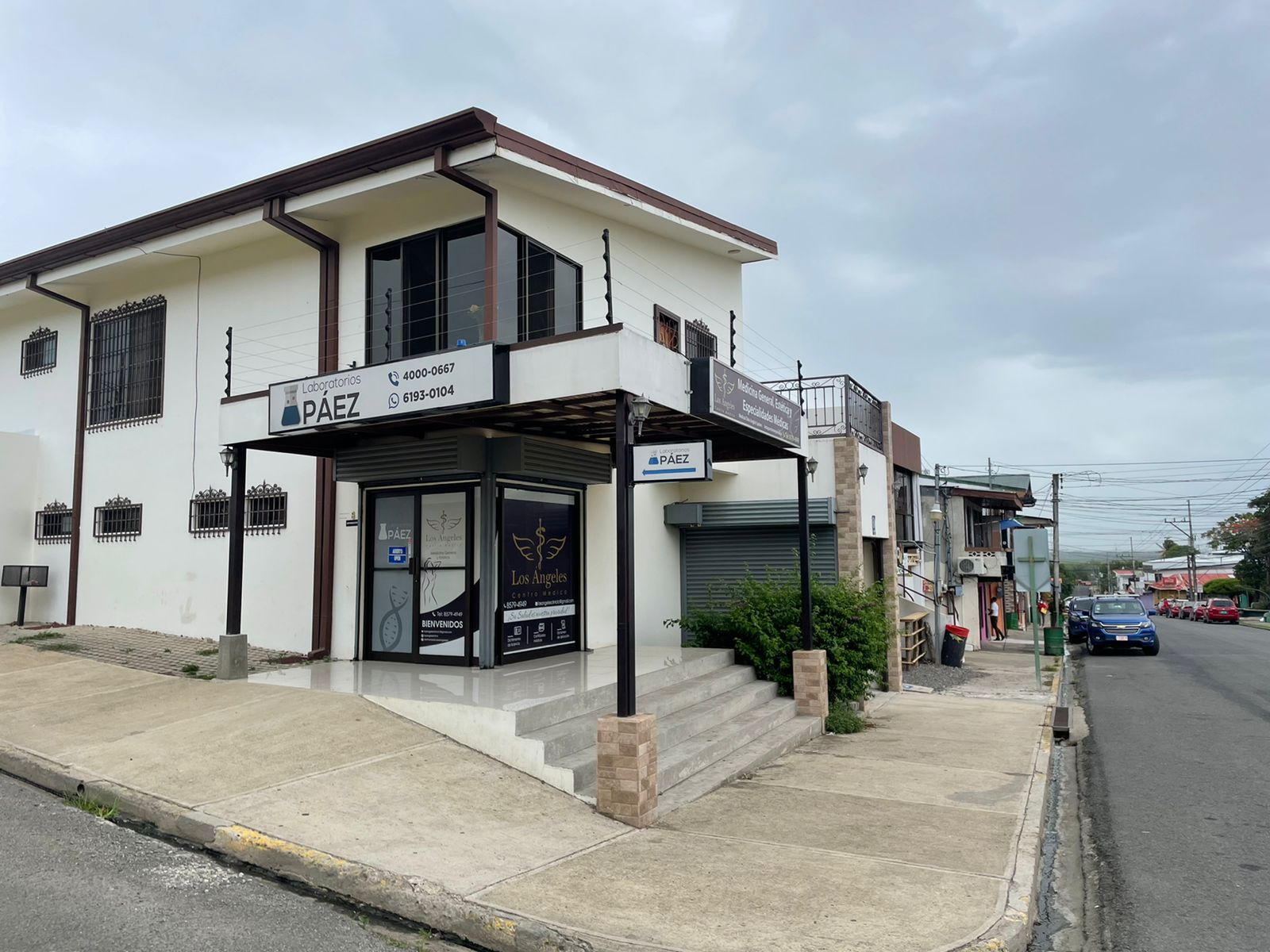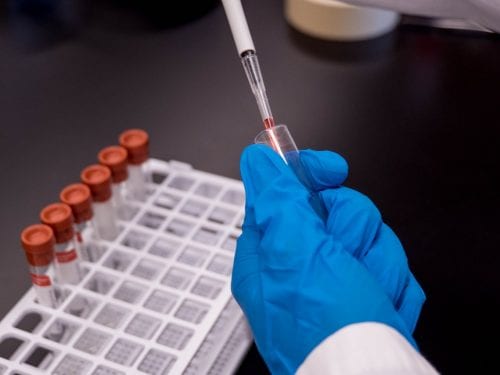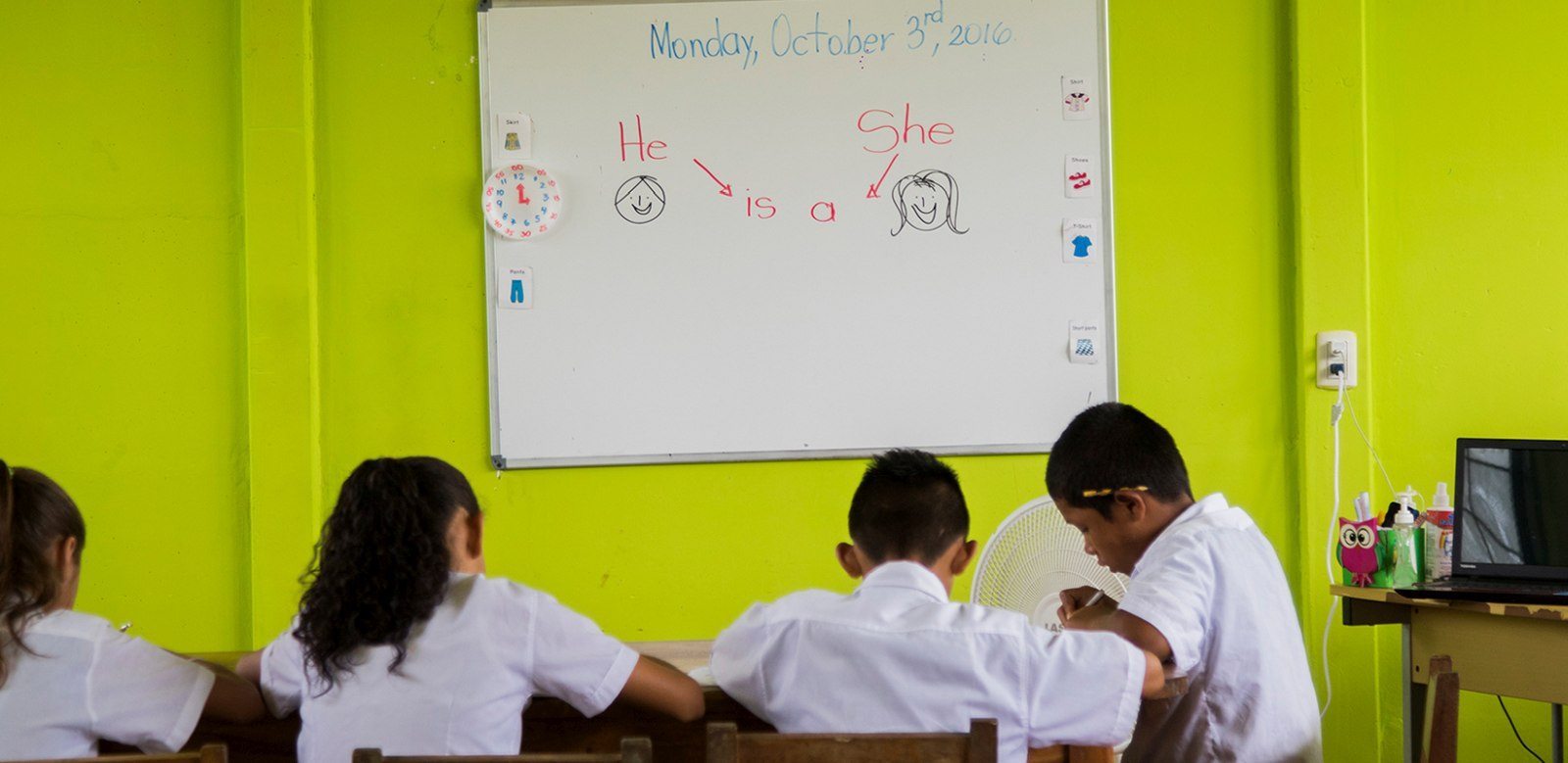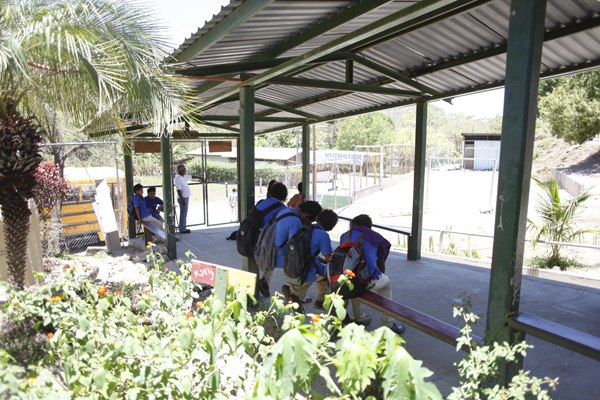
Did you know that cervical cancer is the only type that is 100% preventable? Despite this, it’s the type of cancer that kills the fourth highest number of women in Guanacaste.
The Chorotega Region is the area with the highest number of new cases of cervical cancer in the country and has the fourth highest number of deaths. The statistics include Guanacaste, Upala and Jicaral, according to the regional division of the Costa Rican Social Security Fund (CCSS).
According to the CCSS’ most recent data, 15.2 out of every 100,000 women in the region developed this type of cancer, compared to the national rate of 12. In addition, 4.6 out of every 100,000 women died from this disease. See footnote at the end of the article.
Cervical cancer is a disease caused by a persistent Human Papillomavirus (HPV) infection, according to the World Health Organization (WHO).
HPV is part of a family of viruses that is transmitted through sexual contact. Eight out of 10 sexually active people have, have had or will have it at some point in their lifetime, but most of the time, they don’t have noticeable symptoms.
However, some types of HPV can cause genital or anal warts, and other types (strains 16 and 18) can cause precancerous lesions or cervical cancer if left untreated.
In the province, there are allies who are trying to impact these figures.
The head of the Paez Laboratories network, Monica Chaves, emphasized that Guanacaste is the first province outside of the Greater Metropolitan Area (GMA) where the laboratory firm decided to offer services. What motivated them was to make specialized tests available to people in the area without them having to travel to San Jose. The HPV screening test is one of them.
HPV and cervical cancer is a topic we are trying to educate [people on]. As a laboratory, we have the capacity to receive both the HPV sample as well as the cytology sample, so we provide the patient solutions more efficiently,” said Chaves.
In Guanacaste, the network of labs has three branches: Liberia (Clinica 25 de Julio), Huacas in Santa Cruz and now La Cruz, which opened its doors this year in January.
The HPV tests offered by the lab can be taken by both women and men. As the head of Paez Laboratories explained, in the case of women, the test can be performed with the same sample or cytology taken for the pap smear and the cost starts at ¢40,000 (about $60).
Moreover, Paez Laboratories belongs to the MediSmart network, so people enrolled in that program could get even lower costs.
“We receive a cervical sample that has to be taken by a gynecologist or general practitioner. It’s important to make it clear that the person can’t go to the lab to ask for an HPV test, for example. But what does happen a lot is that the doctor takes the sample, gives it to the patient and the patient takes it to the lab. This test will determine the virus in that sample and will indicate if we have a high-risk or low-risk virus,” added Chaves.
Additionally, Paez Laboratory also conducts a complementary test for those who have tested positive for the virus to identify if there is a high probability that this infection will lead to cervical cancer if it is not treated promptly.

Fighting the Disease
There are several reasons that explain the high numbers in Guanacaste, said doctor Alejandro Calderon, from the CCSS cancer care strengthening project, including accessibility to services and medical health insurance.
“One of the risk factors associated with cervical cancer is poverty because the women don’t have access to early detection compared to regions with a higher educational level and [more] economic resources. And with educational level, we also refer to the sense of not understanding the importance of performing early detection tests or of cases in which the women’s partners don’t want them to have the tests done if the doctor is a man,” Calderon commented.
In response, the country’s institutions and private practices themselves have set their sights on the province and are working on programs and strategies to influence the high rates.
Since 2015, the province has been part of a pilot plan to introduce a new technology to detect the virus, called the HPV-DNA test. It’s performed on women between 30 and 64 years old at the same time that they do their cytology or Pap smear, explained the coordinator of CCSS’s cervical cancer plan, Ileana Quiros.
“What we do with the test is ask it, does she have a virus or not? If she doesn’t have it, the woman is told that she can get the test again in five years because she has no risk factor. If she tests positive, then we ask: is it the type that has a capacity to cause cancer? If it says no, we go to a type of protocol and if it says yes, other tests are done and follow-up begins,” said Quiros.
The pilot plan was launched in the cantons of Cañas, Tilaran and Carrillo and will soon start in the cantons of Nandayure, Hojancha and the district of Jicaral.
“In the three areas that we started applying the plan, we already know the results. Now we’re going through two stages, one of consolidation with the areas that are already taking the tests and the new ones, which start with what was learned from the other areas but adapting it,” added the doctor.
The plan also takes into account awareness processes for health personnel when administering the test and giving its results.
Some women are embarrassed or come to a consultation and say they don’t feel prepared or comfortable. So it’s necessary that both the woman and the health personnel are aware of the process and give the best possible information to the woman,” Quiros commented.
Calderon, from CCSS, emphasized how vital this type of early detection tests are to prevent the development of cancer, as well as the HPV vaccine, which is mandatory in the country for 10-year-old girls and also recommended for males.
Other international organizations, such as the American Cancer Association, also recommend at least an initial HPV test in people between 25 and 65 years of age as the main screening method for cervical precancer and cancer.
In Costa Rica, thanks to tests like this, the country has been able to see a decrease in its statistics for new cases and mortality. For example, in the last 20 years, the mortality rate in the country was reduced by 42%. By the year 2000, 8 out of 100,000 women died from cervical cancer. In 2020, the rate was 5.
*The most recent data from CCSS for the rate of number of cases go from 2011 to 2015, while the mortality rate goes from 2015 to 2019.







Comments